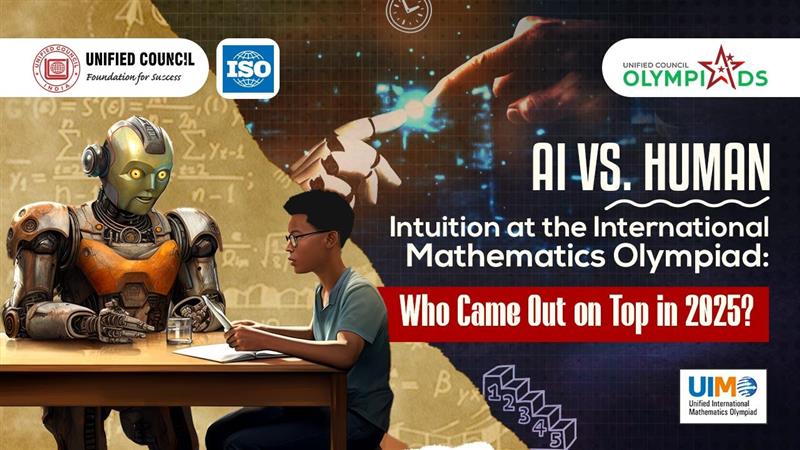
Posted at - 22-Aug-2025
The 2025 International Mathematics Olympiad became one of the most discussed events in recent years. To compete at such a world-renowned competition, artificial intelligence systems achieved something incredible. They performed at a gold medal level, creating debates on how problem-solving in math might change in the future. But when all was said and done, who claimed the spotlight?
The 66th International Mathematical Olympiad took place in Queensland, Australia. It became the stage for an extraordinary achievement. Both Google’s Gemini Deep Think and a trial OpenAI model earned gold medal scores. They each managed to solve 5 out of the 6 challenges and hit the 35-point gold medal mark. This was a historic first, as AI systems had never cracked into this top tier of the competition before now.
What stood out about this achievement was the unique way these systems worked. Instead of depending on formal methods or symbolic tools like older math AI models, they solved problems by reasoning in natural language, showing a way of thinking closer to how people approach problems.
Even with this AI progress, humans outperformed AI systems created by Google and OpenAI in the global math competition. The success of the human participants showed that intuition, creativity, and years spent mastering maths still offer a major edge over machines.
China's team took first place again in 2025, achieving 3 perfect scores and a total of 231 points out of a possible 252. They secured their 25th win in the competition. This impressive achievement proved that top mathematicians still perform at the highest level even as AI grows more advanced.
The event revealed some clear differences in how AI and humans solve problems.
The 2025 International Math Olympiad results give important lessons to understand and embrace in education.
The 2025 International Mathematics Olympiad became an important event in how artificial intelligence and math contests connect. AI systems reached new levels of success, but human mathematicians showed that skills like intuition, creativity, and a deep understanding still give them an edge.
To excel in maths contests, students can look forward to a future where AI tools help them learn and solve problems more effectively. Even with these tools, human skills cannot be replaced. Creative thinking, quick insights, and finding neat solutions continue to set top mathematicians apart.
The competition between human and AI intelligence in maths is still unfolding. As both improve, the International Math Olympiad will stay a stage to compare and celebrate these different approaches to solving problems.
The 2025 results show that AI has advanced, but human creativity and intuition in math remain strong in top-level competitions. Educators, students, and parents can use this as a chance to see AI as a helpful learning tool while still focusing on developing the human side of math thinking that makes events like the olympiad exciting.